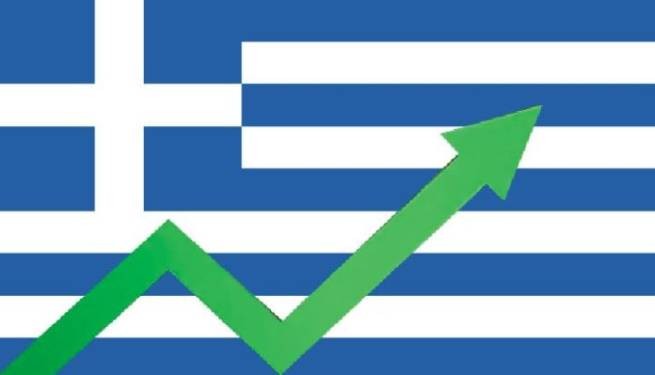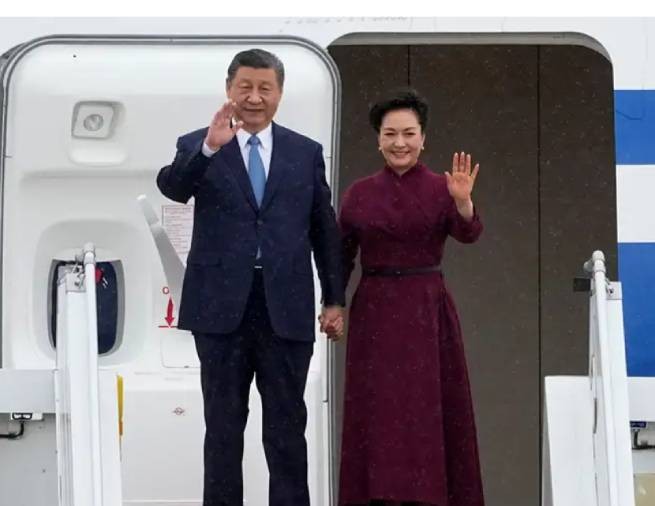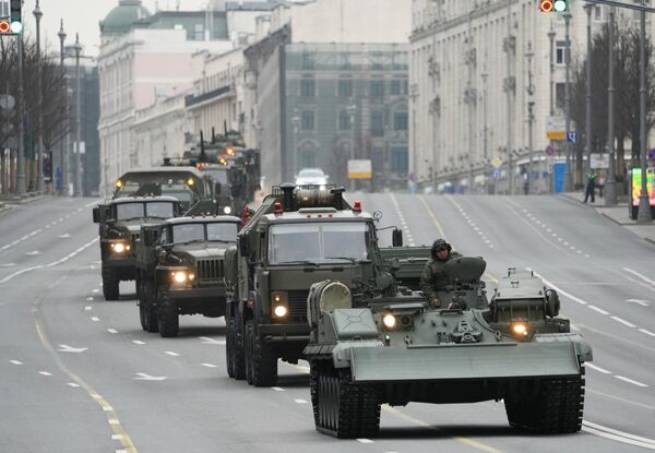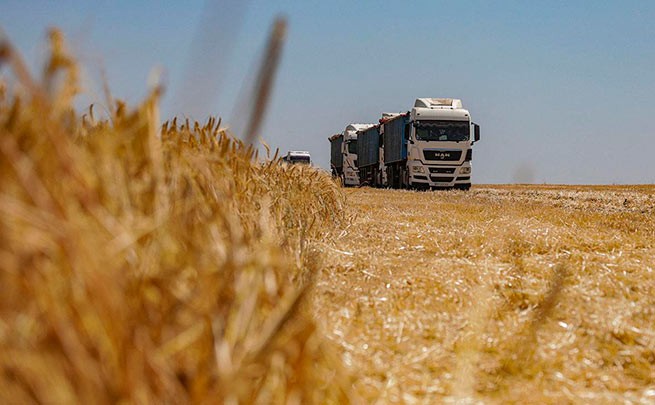Almost a year ago, on July 22, 2022, two interconnected agreements were signed in Istanbul – the “Black Sea Initiative” on the export of Ukrainian food and Russian ammonia, and the Russia-UN Memorandum on the normalization of Russian exports of agricultural products and fertilizers.
- The results of the work on the implementation of these agreements look disappointing.
- The Black Sea Initiative was launched just a week after the signing.
Contrary to the declared humanitarian goals, the export of Ukrainian food was almost immediately transferred to a purely commercial basis and until the last moment was aimed at serving the narrowly selfish interests of Kyiv and its Western curators.
- The Russia-UN memorandum did not work, Russian bank payments, insurance and transport logistics, spare parts supplies and foreign assets were completely blocked.
- Of the five systemic tasks envisaged by the Russia-UN Memorandum, not a single one has been fulfilled.
In the context of outright sabotage in the implementation of the Istanbul agreements, the continuation of the “Black Sea initiative” that did not justify its humanitarian purpose becomes meaningless.
- In accordance with paragraph H of the agreement, the Russian side objects to its further extension. It means:
- withdrawal of guarantees for the safety of navigation.
- curtailment of the maritime humanitarian corridor.
- restoration of the regime of a temporarily dangerous area in the northwestern Black Sea.
- disbandment of the SKC in Istanbul.
Without the participation of Russia, the “Black Sea Initiative” ceases to function from July 18.
Only upon receipt of concrete results, and not promises and assurances, will Russia be ready to consider restoring the “deal”.
The publication “Strana” expressed its point of view on this issue. The key question after the announcement of the Russian Federation on the suspension of the grain deal and the withdrawal of guarantees for the safety of navigation is whether this navigation will continue, but without the control of the coordination center in Istanbul, where, among other things, Russian inspectors were located. This means that ships, if they agree to go to Ukrainian ports, will be able to transport anything at all, including weapons.
However, without security guarantees, of their own free will, shipowners will not send ships. Earlier, the Ukrainian government stated that it would be ready to pay insurance risks for ships that would go outside the grain deal. However, there is still no progress on this issue. Yes, and the amounts are very large, which the Ukrainian budget is unlikely to pull (so far, by the way, there have been no comments from Kyiv regarding further actions after the termination of the grain deal).
However, if the governments of the leading Western countries get involved and make a political decision that ships should go to Ukrainian ports, then the situation will change. And Western governments will find certain arguments for shipowners. True, NATO ships will not escort ships in the combat zone, so as not to enter into a direct clash with the Russian Federation. That is, by and large, in the event of an attack by the Russians, no one will protect them.
But for the Russian Federation, sinking civilian ships is a risk of running into even greater sanctions. And spoil relations with many countries with which friendly relations are still maintained. Hitting the port infrastructure is problematic due to air defense systems (although the Russians can arrange a massive raid on Ukrainian ports using hundreds of missiles and drones, filing this, for example, as a “response” for the Crimean bridge).
True, the option remains – to attack “under a false flag”, heavily mine the water area and blame Ukraine if the ships are blown up by mines (the day before, the Russian Federation had already warned about the mine danger).
But in general, the choice before the Russian Federation will not be very simple. However, in order for the situation to approach such a choice, it is necessary, again, for the West to make a political decision to resume shipping to Ukrainian ports, despite the withdrawal of Russia’s security guarantees. And it is far from certain that the West will go for it, fearing an escalation.
By the way, several versions are being discussed about the connection between the undermining of the Crimean bridge and the grain deal. The first is conspiracy theories. Allegedly, the blowing up of the bridge was supposed to put the Kremlin in the most disadvantageous position in the event of an extension of the deal and, thus, was intended to reduce to zero the likelihood that the Russians would not leave it (this version has the right to exist only if Ukraine already has a clear understanding that shipping will definitely continue). According to the second version, the undermining of the bridge was supposed to interrupt the negative information effect for Ukraine from the termination of the deal.







More Stories
"Eurovision" starts on May 7, the competition participants paraded along the turquoise path (video)
Xi Jinping arrived on an official visit to Paris (video)
The final rehearsal of the Victory Parade took place in Moscow (video)